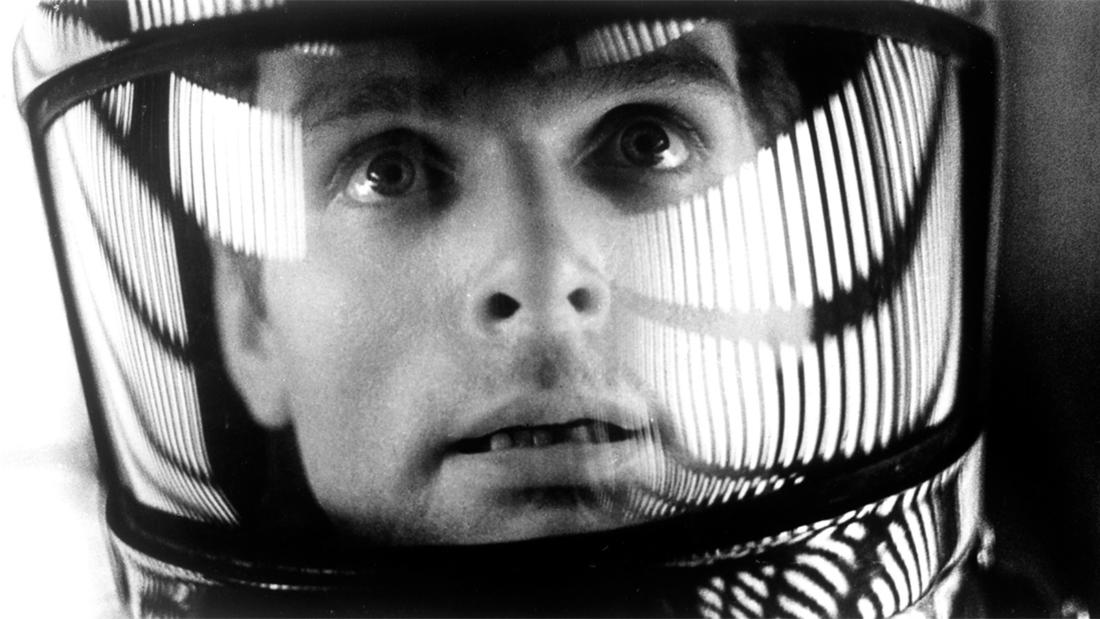
Coolidge Corner Theatre Brookline, MA
Dr. Marvin Minsky
Cognitive Scientist in the Field of Artificial Intelligence; Co-Founder, Computer Science and Artificial Intelligence Laboratory, Massachusetts Institute of Technology
2001: A Space Odyssey— The Field of Artificial Intelligence
Program Description
Dr. Marvin Minsky discussed the field of artificial intelligence.
Presented At
Coolidge Corner Theatre Brookline, MA
Film Synopsis
Humanity finds a mysterious, obviously artificial object buried beneath the Lunar surface and, with the intelligent computer HAL 9000, sets off on a quest.
Dr. Dave Bowman (Keir Dullea) and other astronauts are sent on a mission to discover the origin of a mysterious monolith discovered beneath the Lunar surface. As the team heads toward Jupiter, their ship's computer system, HAL, begins to display increasingly strange behavior, leading to a tense showdown between man and machine that results in a mind-bending trek through space and time. Director Stanley Kubrick's adaptation of Arthur C. Clarke's best-selling book is a landmark production, perhaps the most respected science-fiction film of all time. The groundbreaking special effects and trippy visuals offer a mix of imagination and science, and the film itself serves as a profound commentary on man's relation to machines, the universe, and life itself.
About the Speaker
Dr. Marvin Lee Minsky was an American cognitive scientist in the field of artificial intelligence (A.I.), co-founder of the Massachusetts Institute of Technology's A.I. laboratory, and author of several texts on A.I. and philosophy. Dr. Minsky made many contributions to A.I., cognitive psychology, mathematics, computational linguistics, robotics, and optics. He also worked on imparting to machines the human capacity for commonsense reasoning. His conception of human intellectual structure and function is presented in two books: The Emotion Machine and The Society of Mind.
He received the BA and PhD in mathematics at Harvard (1950) and Princeton (1954). In 1951, he built the SNARC, the first neural network simulator. His other inventions include mechanical arms, hands and other robotic devices, the Confocal Scanning Microscope, the "Muse" synthesizer for musical variations (with E. Fredkin), and one of the first LOGO "turtles." A member of the NAS, NAE, and Argentine NAS, he received the ACM Turing Award, the MIT Killian Award, the Japan Prize, the IJCAI Research Excellence Award, the Rank Prize and the Robert Wood Prize for Optoelectronics, and the Benjamin Franklin Medal.